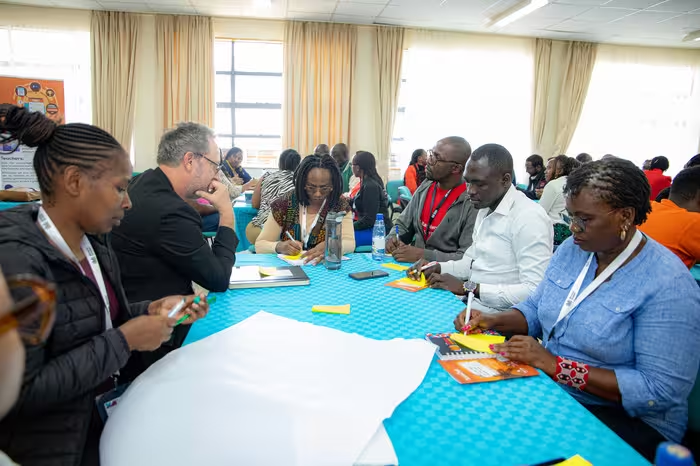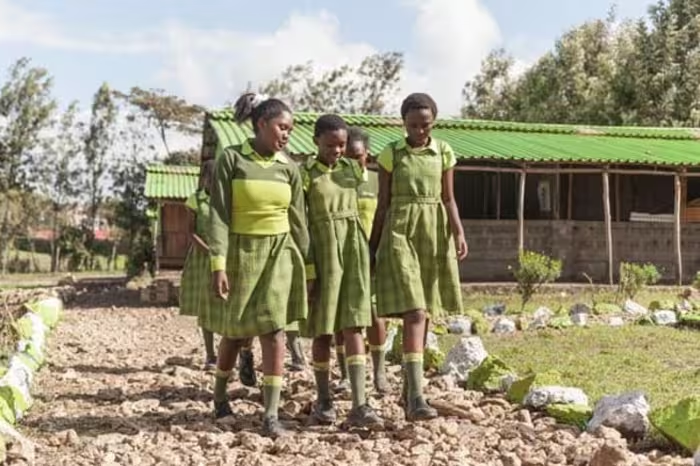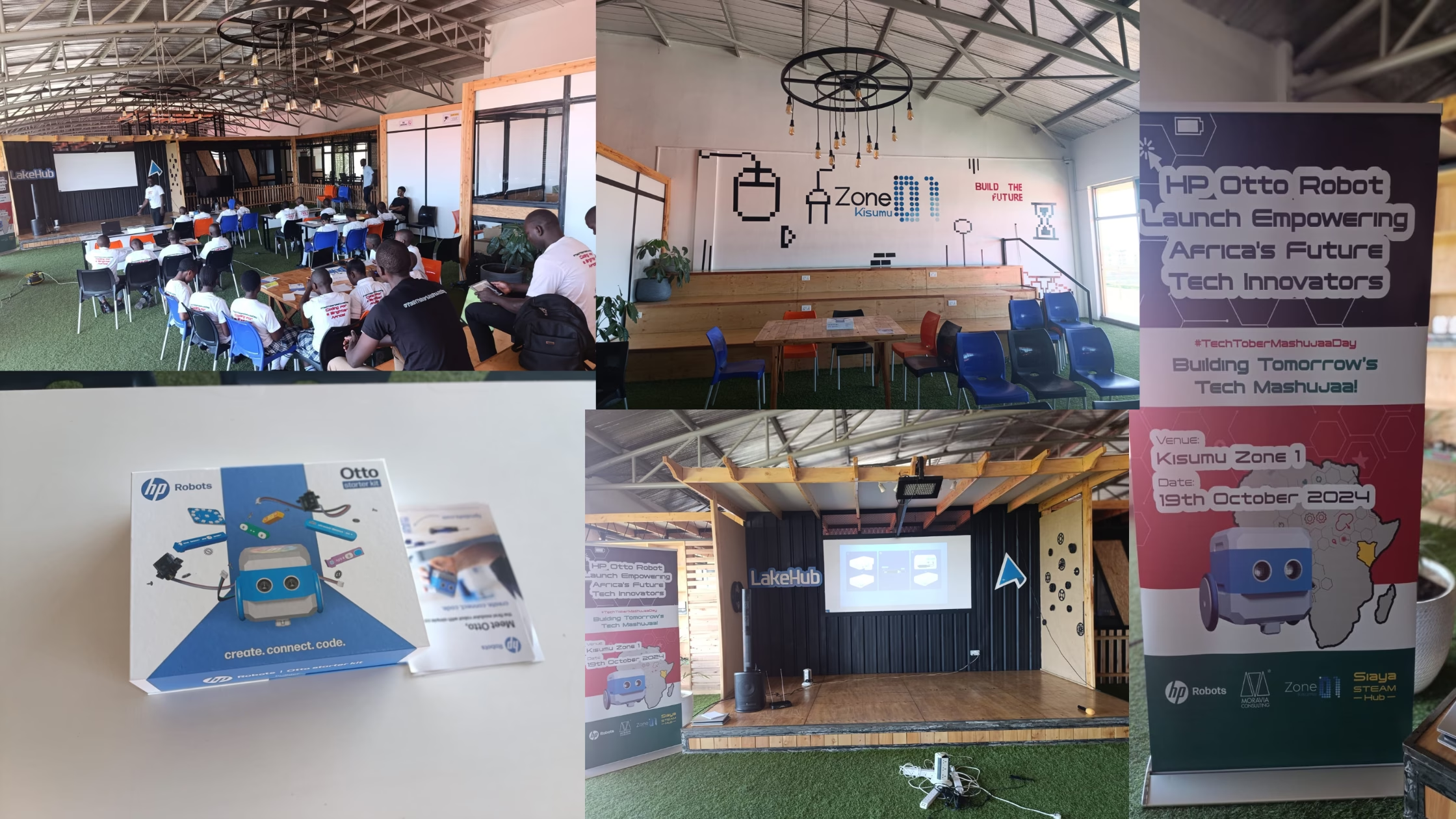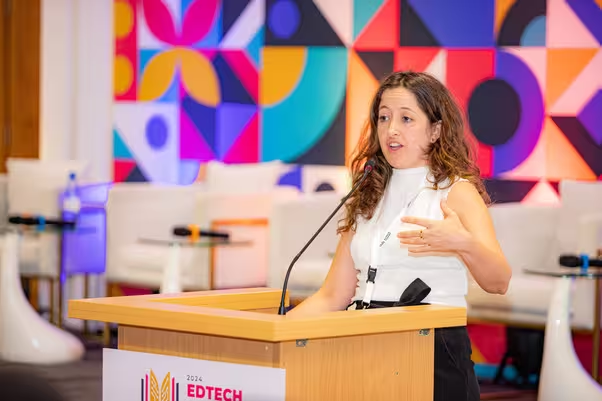
By Joan Mwachi,
Recently I attended the EAC Inaugural Regional Conference on Education which also celebrated the AU Year of Education, in Arusha, Tanzania. I represented EdTech East Africa. Some six hundred or so delegates and 8 Ministries of Education, got together to strategize on the theme, “Educate an African fit for the 21st Century: Collective Action for Quality, Inclusive and Life-long Learning in East Africa.” The conference was a collaboration between, RELI AFRICA, ADEA, the African Union, the PAL Network, and African Curriculum Association.
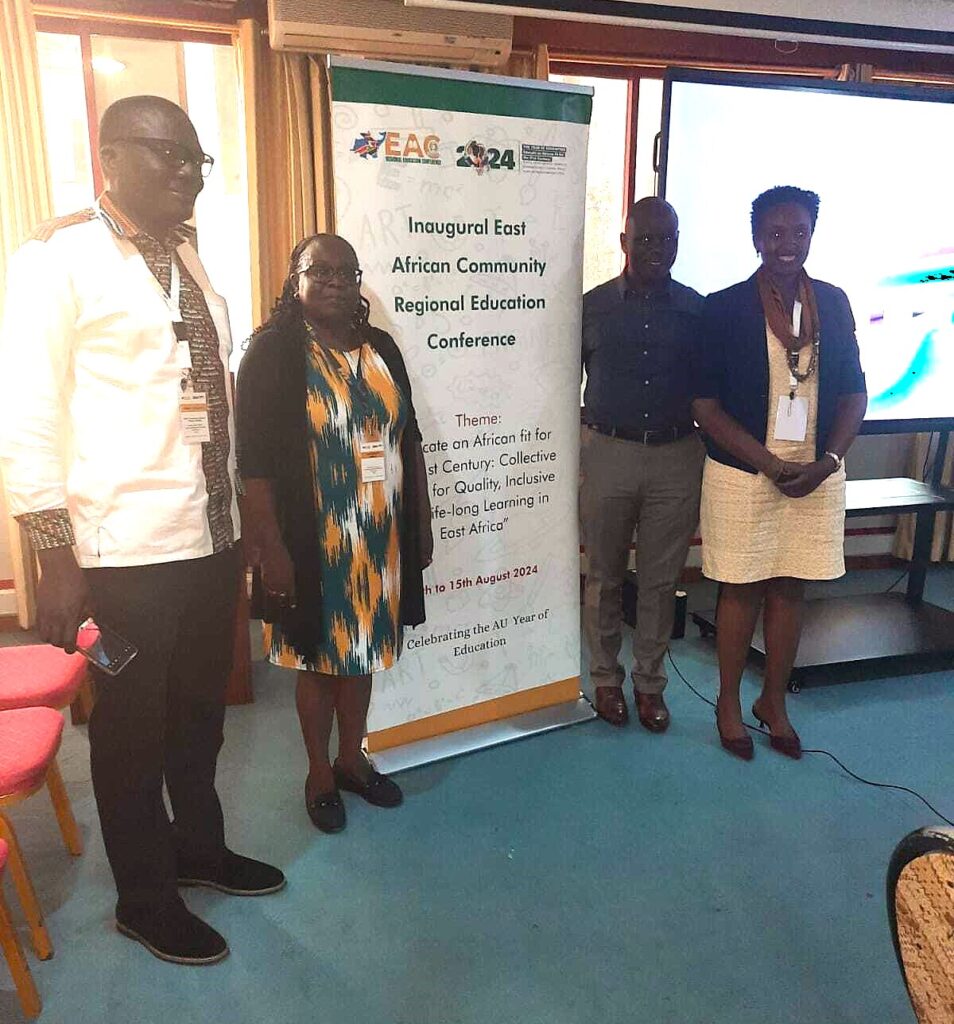
So, what is collective Action? Collective Action refers to actions taken together by a group of people whose goal is to enhance their condition and achieve a common objective. It involves individuals working together to address shared interests or concerns, often through organized efforts that result in social change. In the context of the EAC Regional Education Conference, this would involve the participants working together to develop and implement strategies for improving education in the region. This includes sharing best practices, advocating for policy changes, and forming partnerships to support educational initiatives.
EdTech East Africa is made up of a community of innovators and enablers using technology to improve access, quality, and relevance of education and to produce more inclusive, effective, and resilient learning across East Africa. The EdTech ecosystem has an additional layer of complex problems that no single actor can overcome alone. EdTech East Africa invites ecosystem actors to share their diverse viewpoints and experiences to create a more evidence-based, collaborative approach to technology-enabled teaching and learning in East Africa.
EdTech East Africa:
- Facilitates collaboration by building clarity and empathy for improved collaboration among stakeholders from different parts of the EdTech ecosystem.
- Fosters innovation through discovery, celebration, and amplifying EdTech innovations.
- Strengthens Collective Action by connecting and organizing EdTech innovators and enablers around shared goals to create a coordinated, evidence-driven movement around the use of technology to improve education for all.
One of the sessions that stood out for me was the EdTech Hub, an EdTech East Africa partner, session on learning resilience. The question was, “How do you build resilience if you don’t have the right data to make decisions?” Reflecting inward, EdTech East Africa is on a movement towards evidence-driven, technology-enabled teaching and learning, and as an ecosystem builder co-ordinating the Collective Action Agenda, we must combine efforts and expertise to address the challenges we face in the education sector in the region. After all, no stakeholder can resolve on their own, and the core function of collective action is to build resilience in a system by putting in place sustainable measures to address the challenges.
At the conference, we went on to explore cross-cutting themes around Stronger and Resilient Education education systems; effective implementation of Competency-Based curricula, Strengthening teacher capacity to deliver Foundational Learning and Secondary Education using EdTech; 21st Century competencies for Each Child; Data and Accountability for SDG 4.1.1, Children Furthest Behind; Confronting the Language Question; Regional Strategies for Youth Employability; Harmonisation of TVET and Development of a Regional TVET Qualifications Framework.
All of these themes are reflected in EdTech East Africa’s Collective Action goals, which are:
- Cultivate foundational literacy, numeracy, and social-emotional learning for all learners
- Skills for the future
- Develop technology that ensures Equity and Inclusion for resilient learning
- Strengthen the capacity of leaders of learning (teachers, parents, caregivers)
- Develop sustainable digital infrastructure and evidence-driven policy to support resilient learning
As I presented my session alongside Lyra and PEAS, the question that echoed in the room and in other sessions was how to leverage technology to create the enabling environment that will provide the data to inform decisions made in and about education resilience in the region.
Collectively, we need to build a model that can be replicated across the region to avoid duplication of work and unintentionally creating further exclusion and marginalization.
Some key takeaways:
- Data and evidence remain an issue; From lack of data to access and accountability, deliberate efforts must be made to address this real gap.
- Collective action and collaboration are the way to go, at regional and continental levels. No stakeholder, no country can solve the region’s challenges independently. We must pool our efforts for meaningful change.
- How do we better integrate issues of poverty, climate, and conflict into education? This trilemma is a primary cause of school dropouts, learners being left behind, and missing out on the opportunities that education provides.
- We need to intentionally prioritize agency as an ecosystem both at micro and macro levels in the sector, whether it is financing, teacher training, competency-based curriculum, assessments, data management, or policies.
The collective action model can be replicated at the country level and fed into the regional level. We welcome partnerships to make this happen as we await the establishment of a regional network to strengthen the multi-sectoral partnerships for education in the EAC region and transform the vision into actionable items.
Joan Mwachi has led the Collective Action efforts and is a Board Member for EdTech East Africa.

